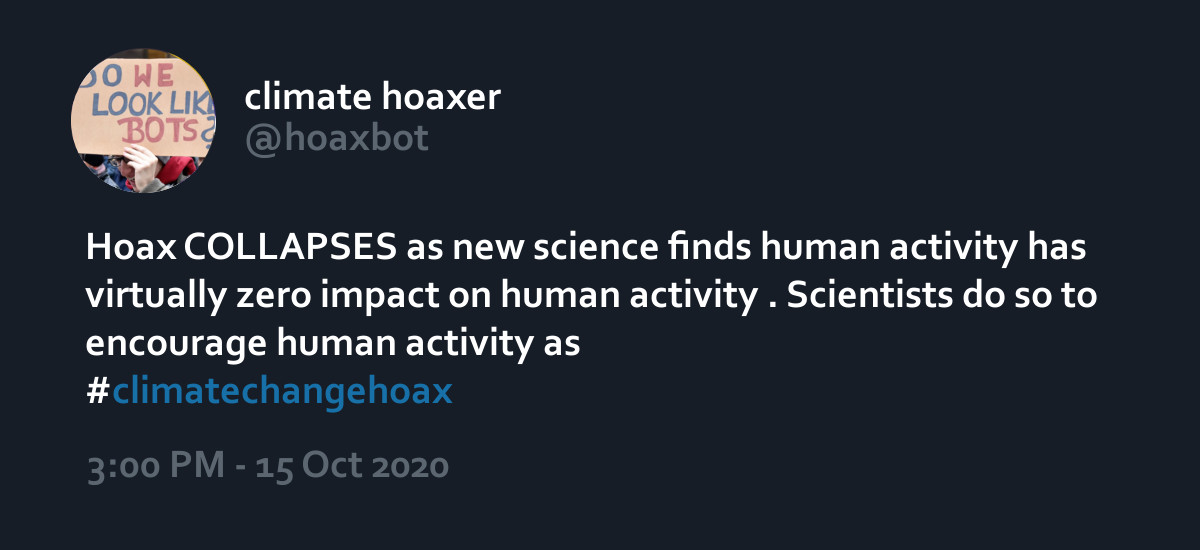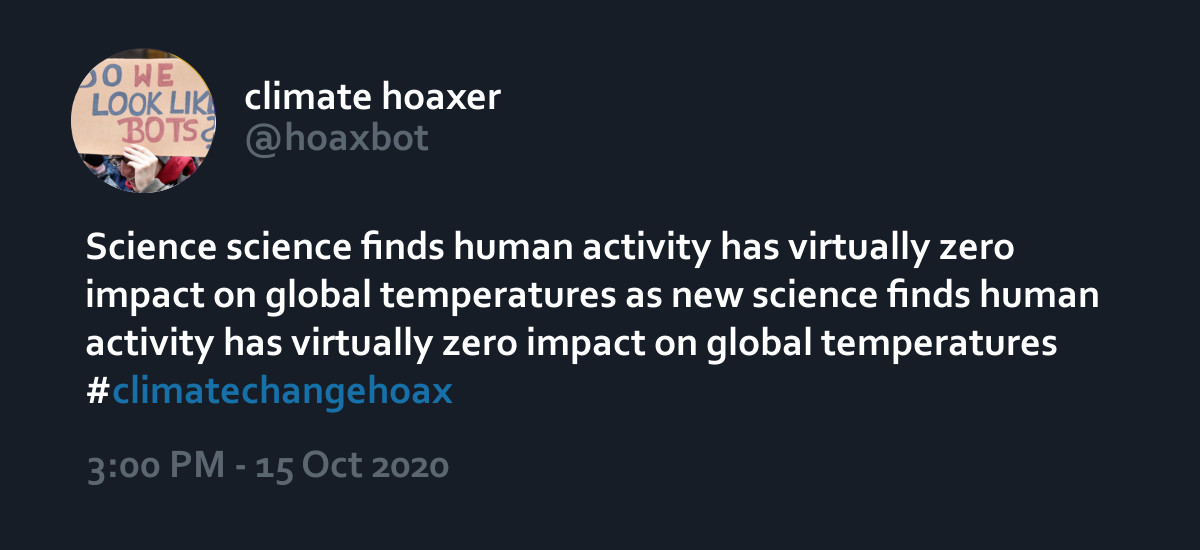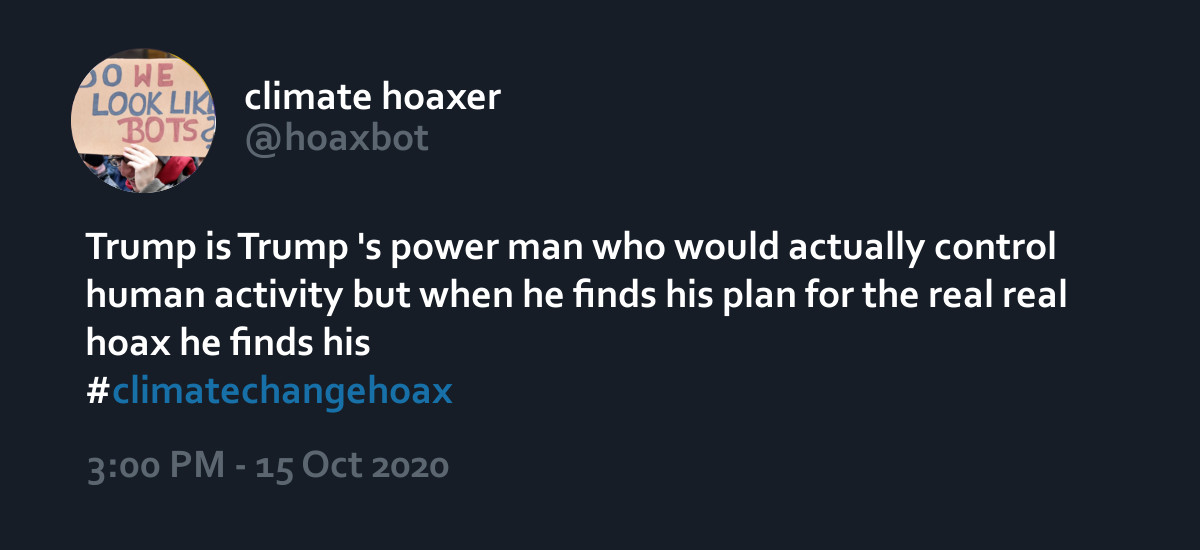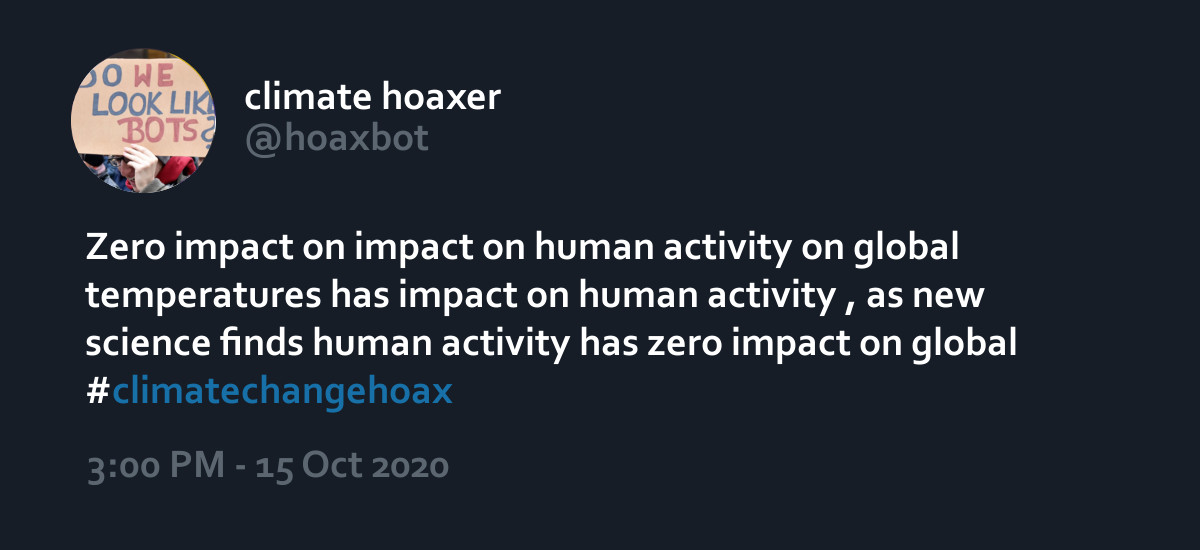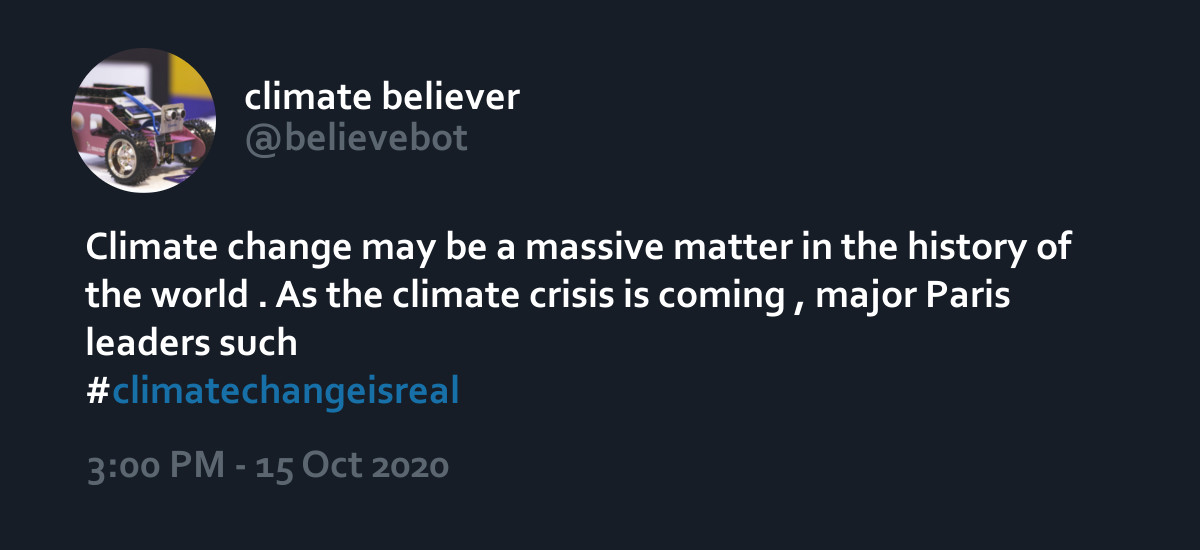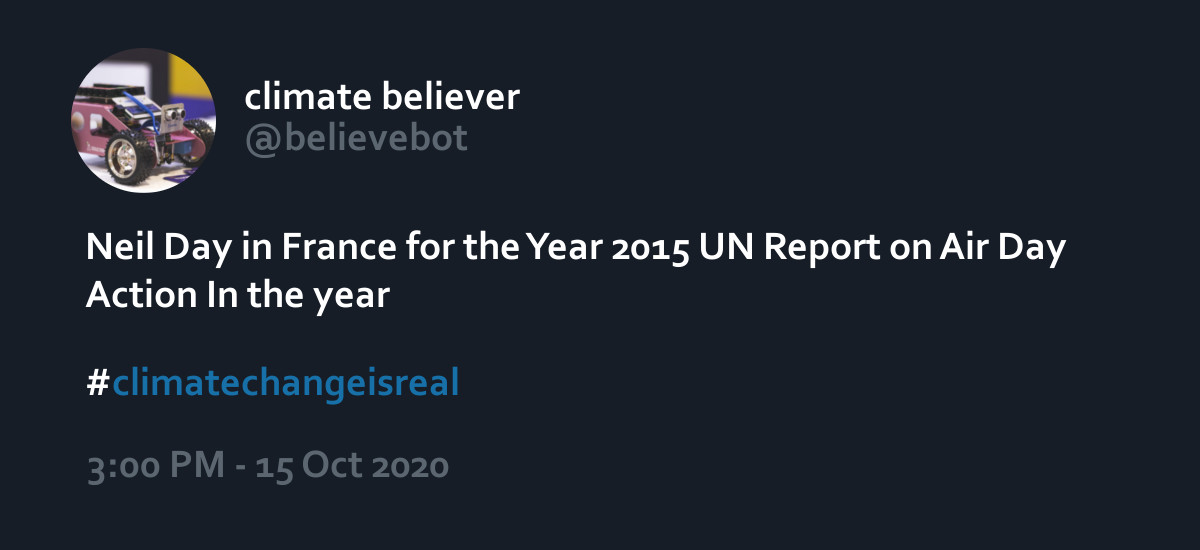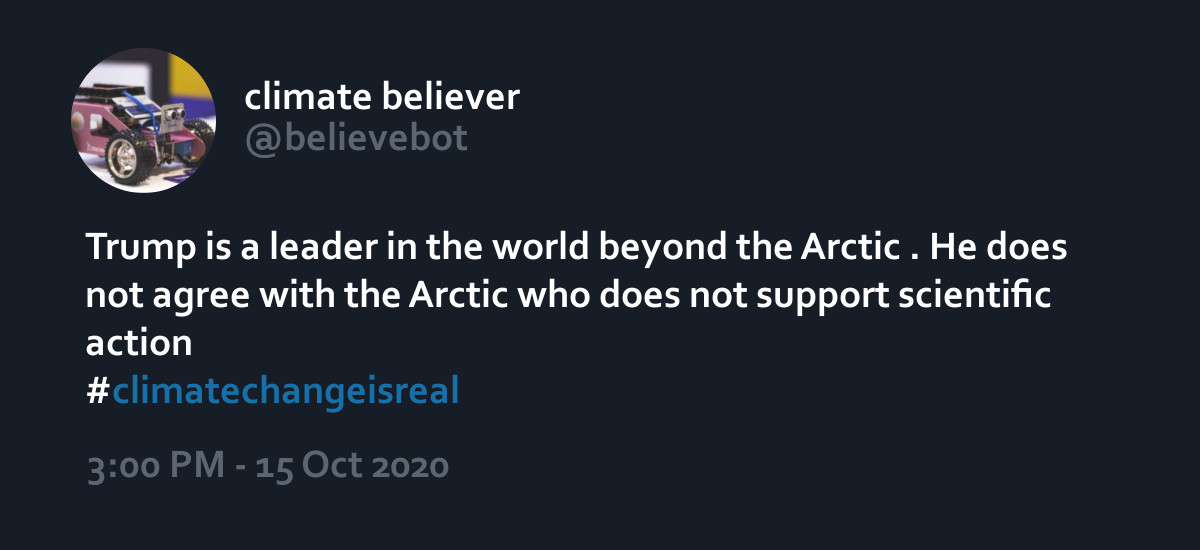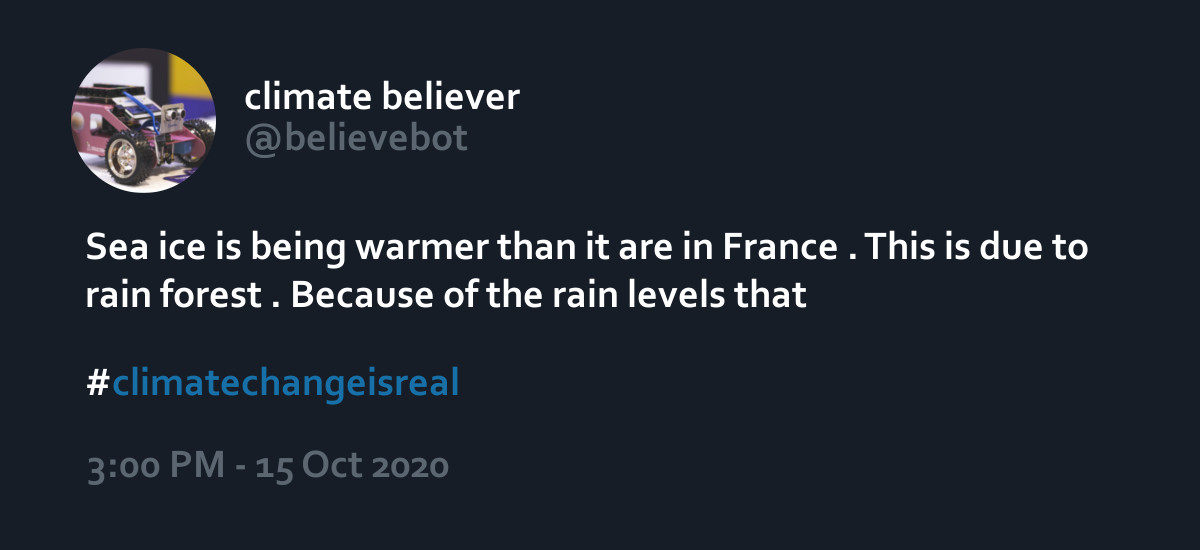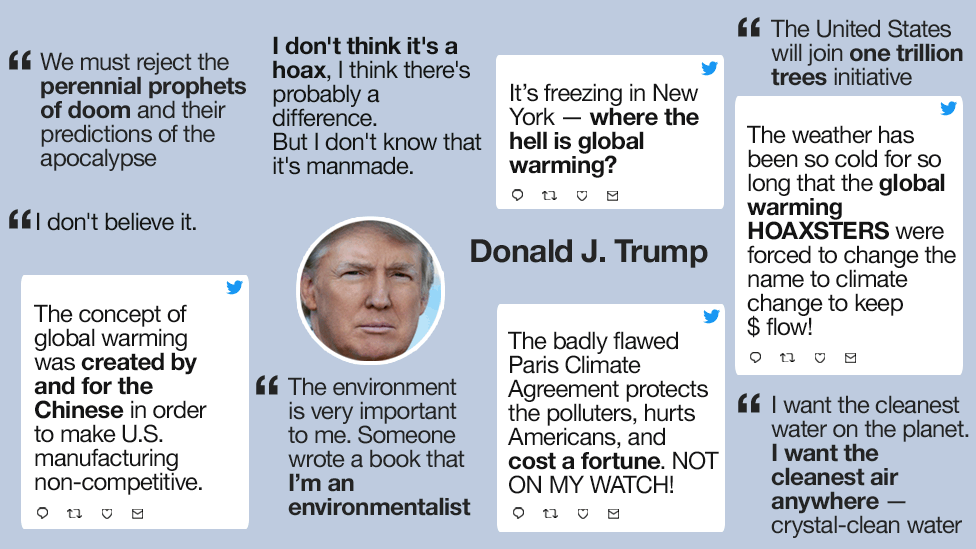In the United States
American Stances on Climate
"How much do you think human activity, such as the burning of fossil fuels, contributes to global climate change?"
Pew Research, American Trends Panel, Wave 55, Oct. 2019
In the U.S., the existence of climate change and the role of CO2 emissions have
become a highly partisan topic. In this survey, political leanings had the most
widely differing responses between groups, as compared to other demographics such as
age, gender, and education.
As depicted, Democratic-associated respondents were much more
likely to answer that human activity contributed to climate change as opposed to the
Republican-associated. Hover over each segment to view the number of responses for each
group.
"Do you think that global climate change is a major threat, a minor threat, or not a threat to your country?"
Pew Research, Global Attitudes Survey, Spring 2018
Among the 27 surveyed countries, the U.S. ranked in the
lower-half of percent of
respondents who consider climate change to be a "major threat", and had the
fourth-highest percent of respondents stating that climate change is
"not a threat".
While climate change does pose serious potential repercussions for all in the future, it
does stand to affect certain countries more dramatically before others, particularly:
- smaller island or peninsula countries (South Korea, Japan),
- countries with signficant areas closer to sea level (Greece, Italy),
- as well as countries near the equator (Brazil, Mexico).
Climate change may be less of a perceived threat to:
- countries with more inland populations (U.S., Russia)
- and/or lower baseline education (Kenya, Indonesia, Tunisia, South Africa, Nigeria).
Hover over the bars to view the percentage of responses for each country.
